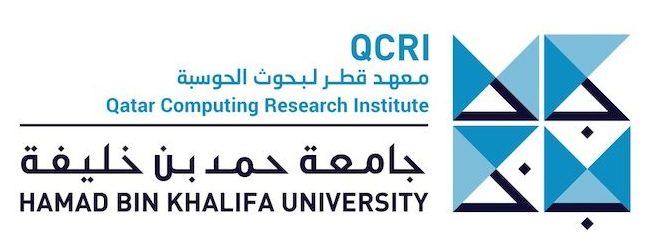Digital technologies have the potential to create opportunities to accelerate sustainable development. However, at the moment, there are deep inequalities in access to technology and digital products, the lack of which isolates vulnerable communities from opportunity. At the Office of Innovation we work at applying emerging technologies, such as AI, ML, drones, VR/AR, and distributed ledgers for the benefit of children worldwide. We partner with private companies, humanitarian organization, and governments to help us build a better, more equitable, and sustainable world.
Big data presents new opportunities for governments and development organisations to access timely insights that can inform evidence-based decision and policy making. As a data innovation lab, Pulse Lab Jakarta is working to close information gaps in the development and humanitarian sectors through the adoption of big data, real-time analytics and artificial intelligence. From advanced data analysis of mobile network data, social media data, and other emerging new sources of data, this presentation highlights the Lab’s work across the Indonesian archipelago and the Asia Pacific in partnership with government institutions, private sector players and civil society.
Facebook is taking a partnerships approach to the Sustainable Development Goals, focusing specifically on SDG17: partnership for the goals. This includes unblocking common barriers across all SDGs, like data and technology, but also expanding our global impact partnerships to meaningful drive impact on the SDGs.
The IOM’s Displacement Tracking Matrix (DTM) is a system to track and monitor displacement and population mobility, provide critical information to decision-makers and responders during crises, and contribute to better understandings of population flows. Here, I shall show some of the data-driven initiatives developed inside DTM, that aims to better support humanitarian response.
Mapping the distribution of poverty is essential for policy makers and humanitarian organizations for assistance targeted towards vulnerable groups. However, one major challenge is the lack of reliable socioeconomic data, which is highly expensive, time-consuming, and labor-intensive to collect. We tackle this problem by using transfer learning on a variety of data sources including: daytime satellite imagery, nightlights data, human settlement layer, and crowd-sourced geospatial information from OSM.
